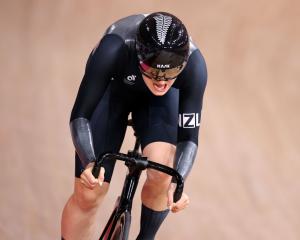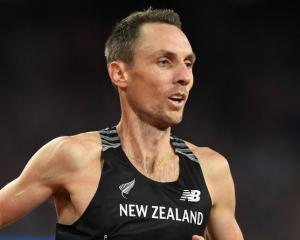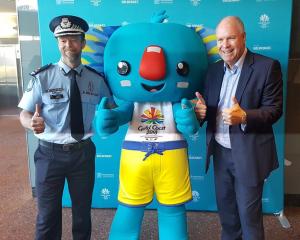
Occasionally, just very occasionally, a sporting event comes along that proves life-changing.
For me, that event was the 10,000m on the first day of competition at the 1974 Commonwealth Games in Christchurch and the memory of it is still etched in my mind as if it was yesterday.
As a 13-year-old, I remember racing home from my school-holiday job at a market garden just after 3pm on a Friday afternoon in late January to catch the action of New Zealand’s first live sporting event on colour television.
Along the way, I stopped on the main street to spy the first few laps through the shop window of appliance retailer Kelvinator House before sprinting the final 800m to plonk myself down in front of the telly.
As the laps ticked by, the drama started to unfold. Ten laps into the 25-lap journey, a leading group of seven, including three Kenyans and world-record holder David Bedford, had broken away from the rest of the field to open up a gap of more than 50m on the field.
The leaders passed through halfway in 13min 47sec and, although I did not know too much about distance running, I started to notice an athlete wearing a black singlet closing in on the leading group.
I listened intently to the commentary provided by Keith Quinn and discovered that this "Kiwi" was Dick Tayler — someone who I vaguely recalled had visited our family farm a few years earlier with one of my relations — but because he wasn’t a well-known rugby player, I hadn’t paid much attention to who he was.
After all, he was introduced to me as Richard Tayler as he was known then (these days he fondly recalls that thanks to Keith Quinn, he started the 10,000m final as a Richard and finished as a Dick).
One by one, the leading bunch was reduced to five athletes with seven laps to go — and then down to just three as the relentless pace started to take its toll on Bedford and Kenyan Paul Mose.
Into the final three laps and it became apparent that medals would be fought out among Englishman David Black, Kenyan Richard Juma and Tayler.
Something flashed through my mind that recalled Sylivia Potts collapsing a few metres from the finish line after leading the 1500m final at the Commonwealth Games four years earlier. My naivety was evident as I had assumed back then that falling in the final lap must be standard practice at major athletics events.
I kept thinking that if Tayler fell over now, he would still have time to get up and be among the medals.
However, my concern was unwarranted as I watched with great delight this proud Kiwi charge to the lead in the back straight for the final time — encouraged by the roars of the crowd who were chanting "black, black, black" — to cross the finish line in jubilant style. His time of 27min 46.4sec was the fastest time recorded in the world that year and became a Commonwealth Games record that would stand for 28 years.
Tayler’s performance not only was the springboard for Christchurch becoming one of the most memorable and successful Commonwealth Games in its history, but it also attracted a whole new generation of young people (including me) into the sport.
Twelve years later, I had the fortune to be coached by Tayler and have remained close friends ever since.
Footnote: Over the years Tayler has regularly been asked why he repeatedly leaped into the air with great delight when crossing the finish line. His response: "Someone in the crowd yelled out the bar’s open!"









